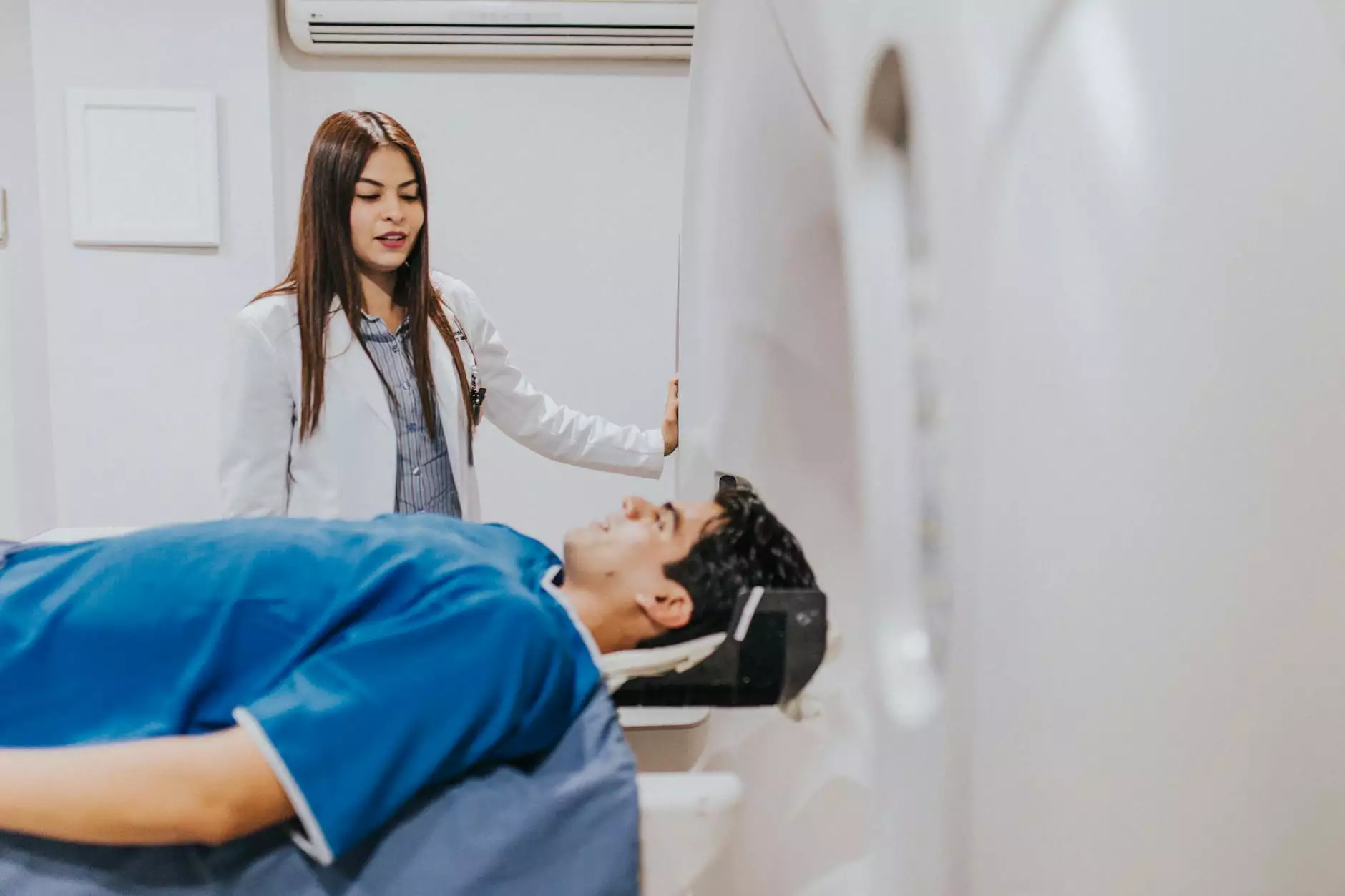Understanding the Role of an MRI Service Engineer in Modern Healthcare

The field of medical technology continues to evolve, significantly impacting the Health & Medical sector. Within this realm, the job of an MRI Service Engineer stands out as particularly vital. These professionals ensure that Magnetic Resonance Imaging (MRI) machines operate efficiently, which is essential for accurate diagnostics and patient care. In this comprehensive article, we delve into the myriad responsibilities, skills, and importance of MRI Service Engineers in medical centers and diagnostic services.
What is an MRI Service Engineer?
An MRI Service Engineer is a specialized technician responsible for maintaining, repairing, and calibrating MRI machines. These machines are critical in providing high-resolution images of the human body’s internal structures, aiding in diagnosing various medical conditions. Engineers in this field are not just technicians; they are trained professionals equipped with in-depth knowledge of both the mechanical and electronic systems that an MRI machine comprises.
Key Responsibilities of an MRI Service Engineer
The role of an MRI Service Engineer encompasses a range of responsibilities that are crucial for the performance and safety of MRI machines:
- Installation: Setting up MRI machines in hospitals and clinics, ensuring they meet engineering guidelines and safety standards.
- Maintenance: Performing regular maintenance checks to ensure machines run efficiently, adhering to preventive maintenance schedules.
- Troubleshooting: Diagnosing and resolving technical issues that may arise during the operation of MRI machines.
- Calibration: Adjusting and calibrating machines for optimal imaging results, based on best practices and manufacturer guidelines.
- Documentation: Maintaining detailed records of service and repairs, which is crucial for compliance with health regulations.
- Training: Educating medical staff on the operation and care of MRI machines to enhance safety and efficacy in their use.
- Regulatory Compliance: Ensuring all operations meet local and federal regulatory requirements, including safety standards set by organizations such as the FDA.
The Importance of MRI Service Engineers in Healthcare
In the intricate world of healthcare, the role of an MRI Service Engineer cannot be overstated. Their expertise directly impacts patient outcomes and the quality of care provided in medical centers and diagnostic facilities. Here are some key reasons why they hold such an essential position in the healthcare sector:
1. Enhancing Diagnostic Accuracy
With their ability to maintain and calibrate MRI machines, MRI Service Engineers ensure that patients receive accurate diagnoses. The precision offered by a well-maintained MRI machine can be the difference between correct treatment plans and potential misdiagnoses.
2. Reducing Downtime
Regular maintenance and prompt repairs carried out by MRI Service Engineers reduce the likelihood of unexpected machine failures. This proactive approach minimizes downtime, ensuring that diagnostic services remain available to patients without interruption.
3. Ensuring Patient Safety
Patient safety is paramount in healthcare. MRI Service Engineers play a critical role in conducting safety checks, ensuring that machines are functioning within safe parameters, and that there are no risks during the MRI scanning process.
4. Supporting Radiology Departments
By maintaining an optimal working environment for MRI machines, engineers directly support radiology departments, enabling radiologists to focus on analyzing images and providing diagnoses rather than dealing with equipment issues.
The Skills Required for an MRI Service Engineer
A successful MRI Service Engineer must possess a unique blend of technical skills, soft skills, and relevant knowledge, including:
- Technical Expertise: Comprehensive knowledge of MRI technology, including electrical and mechanical systems.
- Problem-Solving Skills: Ability to diagnose and troubleshoot issues efficiently, ensuring minimal disruption to service.
- Attention to Detail: Maintaining high standards in documentation, repairs, and calibrations is vital to ensure accuracy and compliance.
- Communication Skills: Effectively interacting with radiologists, technicians, and other medical staff is essential for collaboration and education purposes.
- Continuing Education: Staying informed about the latest MRI technology advancements and industry best practices to enhance their skills continually.
Career Path and Training for MRI Service Engineers
Becoming an MRI Service Engineer typically requires a solid educational background, often starting with an associate's degree in biomedical engineering, electronics, or a related field. Many employers prefer candidates with specialized training in MRI technology, which can be obtained through vocational programs or certifications.
Furthermore, on-the-job training is essential. This may include working under experienced engineers to understand the practical aspects of machine maintenance, diagnostics, and repairs. Continuous professional development, through workshops and courses related to medical imaging technologies, is also highly encouraged.
The Future of MRI Service Engineering
The future of the MRI Service Engineer profession looks promising, driven by innovation in medical technology and the increasing reliance on advanced imaging techniques in diagnosing and treating illnesses. With the rise of artificial intelligence and machine learning in healthcare, engineers will also need to adapt, understanding not just the machines but the software advancements that accompany them.
Moreover, as healthcare facilities continue to expand their diagnostic capabilities, the demand for skilled MRI Service Engineers is expected to grow. This surge presents vast opportunities for professionals in this field to develop their careers and contribute significantly to healthcare advancements.
Conclusion
An MRI Service Engineer is a crucial player in the healthcare ecosystem. Their technical prowess, commitment to patient safety, and dedication to maintaining cutting-edge imaging technology significantly enhance patient care and diagnostic accuracy. As the healthcare landscape continues to evolve, the importance of skilled technicians in this arena cannot be overstated. By investing in the development and support of these professionals, medical centers and diagnostic services can ensure they deliver the highest quality of healthcare to their communities.
For more information about our services and to explore career opportunities as an MRI Service Engineer, visit us at echomagnetservices.com.



